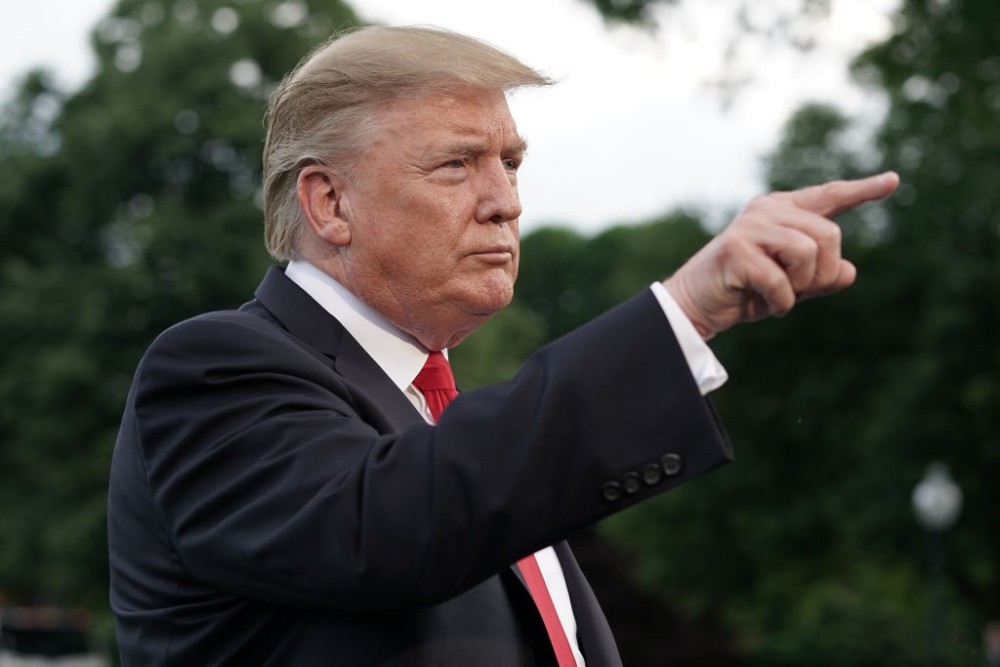
This week, the Senate officially started the process of impeaching former President Donald Trump for the second time. This happened after the House (222 Democrats and 10 Republicans) voted to impeach him for incitement of insurrection. The timing of the impeachment, however, remains an unsettled legal question. Can Congress actually impeach a President after they leave office?
The Constitution Is Intentionally Unclear
This is actually a topic of debate among lawyers, political scientists, and other nerds, and much like anything else remotely political, a consensus does not exist.
As we’re finding out, the framers of the Constitution left some aspects of the impeachment process vague and limited lawmakers’ powers in others. For instance, a conviction by the Senate can only kick a federal officeholder out of their post and potentially prohibit that person from ever holding elected office again.
Say that Trump did commit impeachable offenses. What if he were to run again for President or for a Senate seat?
Princeton University professor Keith Whittington argues that it is possible because the Constitution does not specifically limit impeachment powers to current officeholders.
“If impeachments are to protect the republic from dangerous officeholders, then the ability to disqualify a former officer who has been demonstrated to have committed grave abuses of office in the past might be valuable,” Whittington writes.
Tulane Law School professor Ross Garber, who has represented governors in state-level impeachment proceedings, argues that the Constitution, “by its terms,” limits impeachment and removal to current office holders.
“This interpretation would also honor the primary purpose of the impeachment provision, which is to protect the country from extraordinary abuses by executive branch officials in between elections and by judges who have lifetime tenure,” Garber says.
Courts Would Need to Be Involved
Pro-impeachment scholars argue that it should be possible to impeach a former president because this would prevent politicians from resigning their offices before a trial and conviction could occur.
Whittington argues that lawmakers could have impeached, convicted, and disqualified Richard Nixon from holding other office if they were worried about him rehabbing his image.
In any event, if a former officer holder were to face the music, it’s a near certainty that person would take their case to the courts. It’s also likely that case would make its way to the Supreme Court, where justices would probably all be thinking about calling in sick for the next six months.
